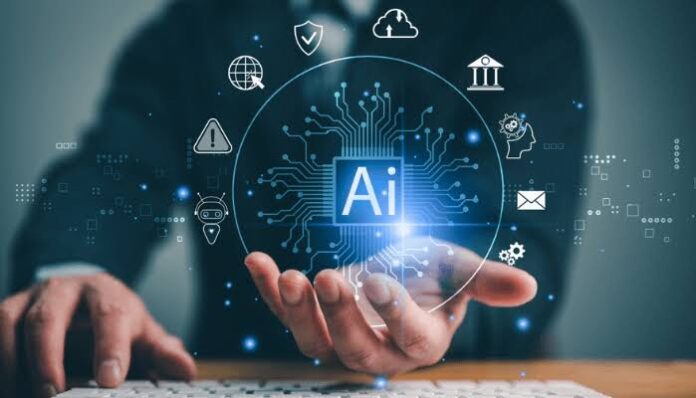Artificial Intelligence (AI) is changing the way the world works. From apps that can write essays to algorithms that can detect fraud, AI is reshaping industries at a speed not seen before.
In Nigeria, where the tech sector has grown rapidly in the past decade, software engineers are beginning to feel the effects. For many, AI represents both a challenge and an opportunity that will define their future in the digital economy. Nigeria’s Tech community is growing rapidly.
Nigeria has established itself as Africa’s leading tech hub, with Lagos often called the “Silicon Valley of Africa.” Startups like Flutterwave, Paystack, and Andela have proven that young Nigerian talents can build solutions with global impact.
Thousands of engineers now work locally and remotely for companies across the world. But the rise of tools such as Cursor, Windsurf, GitHub Copilot, etc, means the way software is written is shifting quickly.
Nigerian developers must now ask: How do we stay relevant in a world where machines can also code? Again, it should be noted that AI brings opportunities. These opportunities are as follows: From personal experience working with cursor, I was able to build out an MVP in the space of two days. Now, note that it was not so straightforward because I had to correct a lot of things, and with my experience, it was easy, but still, the speed was incredible. An MVP of that quality would normally take a minimum of 6 months with a minimum of 4 engineers; crazy right?.
For engineers who embrace AI, the future holds promise; namely,
● Higher productivity: AI-powered coding assistants reduce time spent on repetitive tasks and help engineers focus on creative problem-solving.
● New career paths: Specializations in AI, data science, and machine learning are opening up global job opportunities.
● Lower barriers to innovation: With AI, small Nigerian teams can build products at global standards without needing massive resources.
● Global competitiveness: Remote work and global demand for AI expertise means skilled Nigerians can access opportunities worldwide.
There are, however, challenges on the Horizon. Alongside these opportunities, AI also poses real concerns, such as:
● Job displacement: Entry-level coding roles may shrink as AI takes over basic tasks.
● Skills gap: Many Nigerian universities still teach outdated curricula, leaving engineers to self-learn modern AI skills.
● Infrastructure limitations: Access to affordable internet, electricity, and powerful computing hardware is still a challenge.
● Tougher competition: As AI takes on routine coding, Nigerian engineers must compete with highly skilled professionals globally.
AI is unlikely to replace engineers entirely. Instead, it will redefine what engineering looks like. Nigerian developers will act more as problem solvers and designers who work alongside AI tools rather than being replaced by them. To thrive in this new reality, engineers must:
● Continuously learn and update their skills.
● Build expertise in areas where human creativity and judgment are essential.
● Push for stronger policies, research investment, and infrastructure that support AI development in Nigeria.
Another issue at stake is the Global Policy and Ethics Dimension. Beyond coding, AI raises questions about ethics, privacy, and policy. Nigerian engineers who understand these issues will be better positioned to shape how AI is deployed responsibly in local industries.
With rising concerns over data misuse and algorithmic bias, there is a growing demand for experts who can balance innovation with accountability. As a result, Nigerian engineers have some vital roles to play.
Nigerian Startups also have a role to play because AI also creates opportunities for Nigerian startups to lead in areas unique to the African market.
From agricultural tech that predicts crop yields to Fintech solutions that detect fraud in mobile money transactions, Nigerian engineers can build AI products that address local problems while competing globally.
Startups that integrate AI early will have an advantage over those relying only on traditional methods. Furthermore, there should be collaboration and community growth.
The rise of AI highlights the importance of community. Nigerian developers can not afford to work in isolation. Tech communities, bootcamps, and peer-learning groups must evolve to include AI literacy, research collaborations, and mentorship programs.
By working together, Nigerian engineers can share knowledge, build confidence, and ensure that no one is left behind in this transition.
In conclusion, Artificial Intelligence is both a challenge and an opportunity for Nigeria’s tech ecosystem. While some roles may disappear, new and more advanced ones will emerge.
The engineers who succeed will be those who adapt quickly and use AI to enhance their work. AI will not replace Nigerian engineers, but Nigerian engineers who use AI will replace those who do not. The future is already here, and the choice lies in how Nigeria prepares its software talent to meet it.
By: Amakiri Samuel Bomate
Amakiri Samuel Bomate is a Senior Software Engineer




